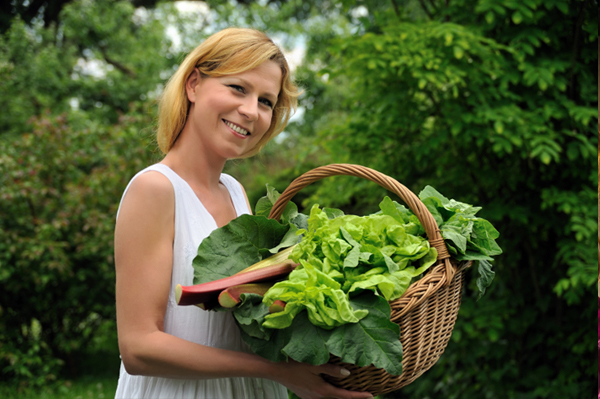 With the warmer weather now here, you’ll likely be more enthusiastic about hitting the great outdoors and starting a grden. Do you want to grow vegetables and flowers, but you don’t have a lot of money to spend? Here are some ways to get the garden you want without it being hard on your bank account.
With the warmer weather now here, you’ll likely be more enthusiastic about hitting the great outdoors and starting a grden. Do you want to grow vegetables and flowers, but you don’t have a lot of money to spend? Here are some ways to get the garden you want without it being hard on your bank account.
#1. Plan the size of your garden.
Your yard is pretty much open to anything you want, but with money being tight, you know you cannot afford to turn your entire yard into a garden. However, if you pick a small section of your yard, you can figure out what you want in terms of flowers and vegetables.
#2. Decide what you want to grow.
It would be wasteful for you to plant things that you and your family do not like. Sit down with your loved ones and decide what you want to plant so any food you grow does not go to waste.
#3. Find the cheapest containers.
In addition to planting out in the yard, you may also be interested in having a small container garden in your kitchen or back porch where you will grow things like herbs that you want to use for cooking. A trip to the local home improvement store will have containers of every shape, size, and color, but bypass the containers that have decorations on them because as pretty as they may be, they are more than likely to cost twice as much as the plainer variety.
#4. Seeds are the cheapest way to start a garden.
Since your money is tight, you can skip the seedling plants and look for the packets of seeds. By nurturing a seed to a seedling, your garden will have a better chance at survival. Also, most home improvement stores will offer great deals on seed packets, and you can literally get all the vegetables and flowers you want for only a few dollars.
#5. Create your own compost.
Instead of throwing out things like coffee grounds, vegetable peels, and egg shells, you can get yourself a large container and put these organic items in it along with something like leaves or grass clippings. By creating your own compost, you will not only reduce the amount of trash you throw away, which will reduce landfill waste, but also create healthy organic compost to help your garden flourish.
#6. Only water during certain times of day.
You may live in a small town that has restrictions on how often you may water your yard, and in this case, your garden too. Even though your garden is small, it will still need to be watered every day in order to survive. The best times to water your garden is either early in the morning, which is usually before the sun comes up, or in the evening, after the sun has gone down. By watering during these times of day, the water will last longer in your yard and garden, which will keep all the plants and grass alive and healthy without it making your water bill go any higher or the water being evaporated quickly by the heat of the sun.
